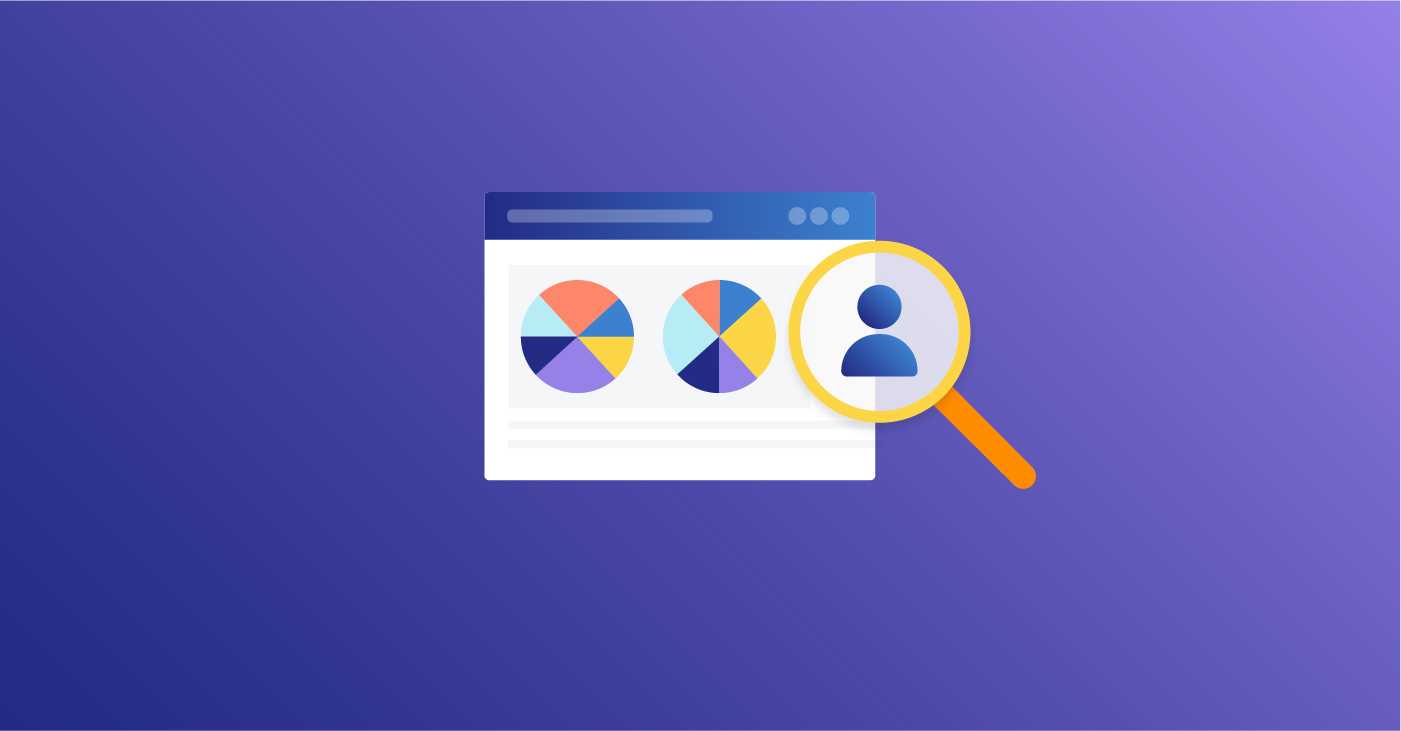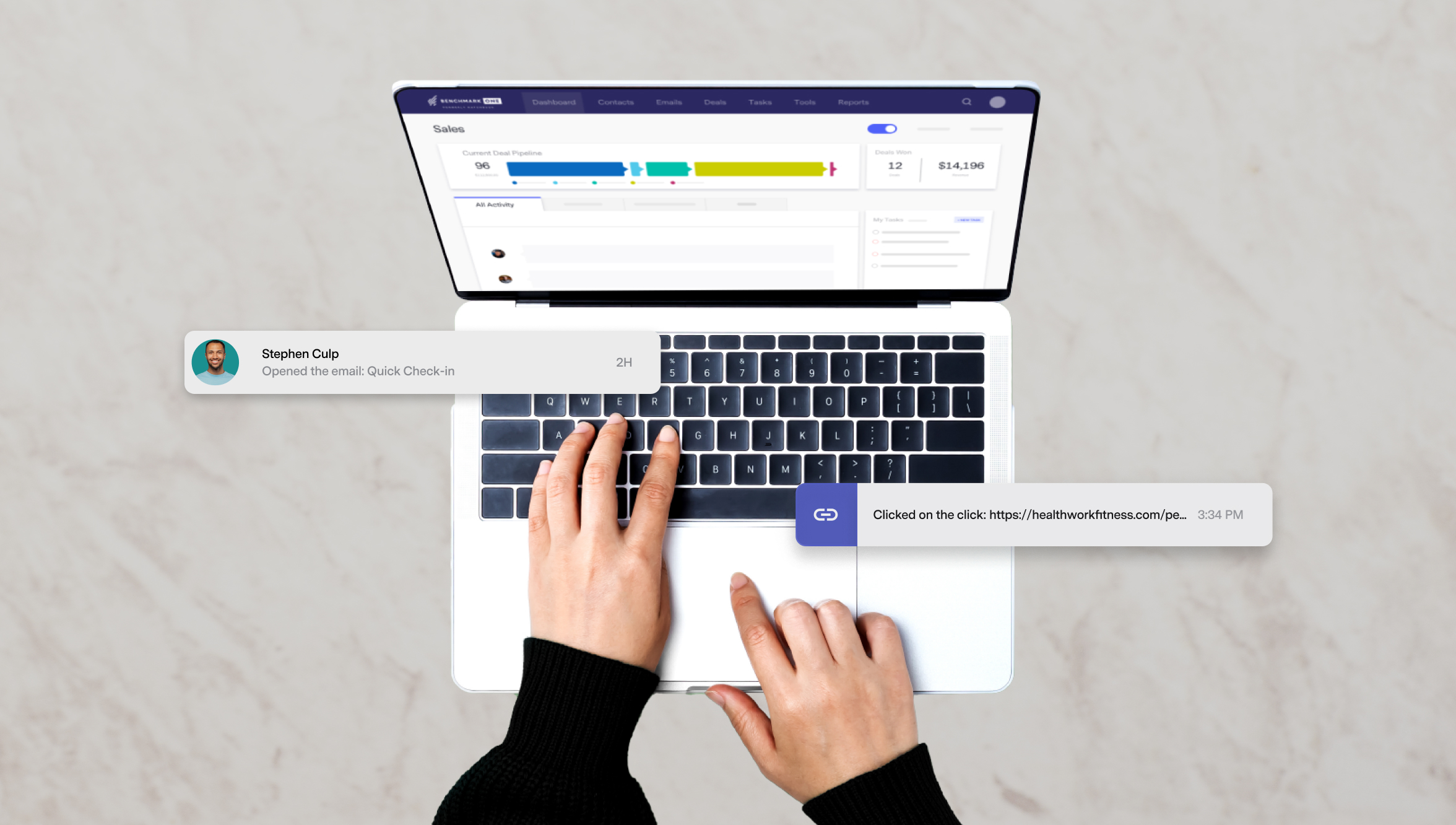
Having a solid customer base is paramount, as no business would exist without one. Plus, how a company establishes and maintains strong customer relationships also determines its success.
Solid customer service begins in the sales process. Your sales reps must price products or services accurately, as inaccurate quotations can make future negotiations with the customer difficult—thus impacting the overall relationship.
That is where CRM software helps centralize, optimize, and streamline customer communication, and a CPQ solution accelerates product configuration and proposal, simultaneously reducing the risk of generating faulty quotes.
CPQ stands for configure, price, and quote. The standard CPQ definition is the software systems that help sell complex products. Both CRM and CPQ software aid marketers and sales reps in building positive customer relationships and delivering an optimal buying experience. Read on to learn how.
A 360-Degree View of the Customer with CRM and CPQ
Your marketing and sales teams are the fuel that keeps the wheels of the business moving. However, they need the right tools to work effectively and efficiently.
It is obvious that CRM and CPQ are intelligent technologies on their own. However, their effectiveness increases when they are used together. CRM demonstrates the customer’s order history with your business, equips you with trustworthy reporting, and simplifies cross-departmental collaboration.
Alternatively, CPQ gives you access to past pricing, open quotes, and support information. Both CRM and CPQ together eliminate time-consuming, error-prone manual processes—supplementing marketing and sales strategies and resulting in higher customer satisfaction.
How CRM and CPQ Software Can Benefit Your Marketing
If you are still on the fence about how CRM and CPQ software will help you market and sell your offerings better, check out these benefits:
1. Better Knowledge of Customer Needs
As consumers, we feel more confident when we know what to expect from brands we’re considering buying from. The same is true for businesses. They will always find it easier to cross-sell or upsell a customer if they’ve been tracking their previous purchasing habits.
An integrated CRM and CPQ system empowers you with customer interaction history, allowing you to anticipate their needs and create your marketing and sales plans accordingly.
For instance, if you know when a customer bought from you, what contracts they were offered, what discounts they were given, and what buying habits they demonstrated, you can be proactive in coming up with new bespoke offers that your customers will actually want.
This information can also augment your various marketing campaigns, such as offers via social media, email drip campaigns, and paid advertisements.
2. Better Customer Insights Through Analytics
Just imagine the volume of data stored in your integrated CRM and CPQ software—customer information, stock quantities, number of subscriptions, selling prices, pending approvals, and so on. You can access a wealth of information that benefits you—provided it is appropriately analyzed. For instance, win rates can help influence your future pricing decisions.
Analytics can help you better understand the demand for specific products, services, configurations, and flag quotes that stray from the established pricing rules. Analytics can also allow you to focus on marketing channels that have previously performed well and fetched more significant leads.
3. Greater Protection of Customer Data Privacy
Data privacy is extremely important to your consumers. Certain laws, like the GDPR, protect consumer data by maintaining a level of transparency around what is being done with data that is collected. There was also Apple’s iOS15 update that put more control in its users’ hands, allowing them to limit the amount of data brands can access.
Regardless of where your business operates, you must comply with privacy requirements. Failure to do so can lead to your business getting blacklisted or heavily penalized. Thankfully, CRM solutions have inbuilt functionalities.
A CRM system will help you obtain and document your customers’ permission to store and use their personal details, manage their subscriptions for email communication, and set up rules for updating the details of specific groups of contacts.
With proper consent, you can set up a quick, secure, and reliable way to market your business and sell by complying with the data privacy requirements. This, in turn, builds trust as you handle your customers’ data cautiously and with respect.
4. Faster and Personalized Quotation Experience
Time is paramount for any business. And if the sales reps waste time manually creating pricing proposals and getting approvals from other departments, that is money down the drain for the company. With a CPQ solution, you can optimize your quote process.
Automate quotes and invoices, view and adjust terms, manage subscriptions, collect payments, and generate reports from a single tool. Moreover, you can provide your customers with a quote designed specifically for them.
And when they want to make adjustments to their purchase or when discounts are applicable, the sales reps can update quotes in real-time. Sync all customer-related information with a CRM system to give easy access across marketing and customer service departments.
5. Quick Introduction to New Offerings and Price Changes
Every business is constantly evolving. You update existing product or service offerings and introduce new ones. You upgrade the pricing strategy. Whenever you make any change, it must happen in real-time, and everyone in the company must know about it.
From marketing and sales to customer support and finance, all teams must have the most up-to-date product catalog and pricing list.
An integrated CRM and CPQ system also help you keep track of the current stock of products, showcase different pricing or currency—based on the location of your customers—and highlight the possibility of a discount for a specific offering.
When critical information is this organized, you can easily run specific marketing campaigns and analyze your sales process and lead pool, thus expanding your customer base.
6. The Concept of Guided Selling Surcharges Your Marketing Initiatives
Let us say you are trying to rent a car. Most online car rental sites will now ask you to define your requirements and budget before presenting you with filtered options. For instance, you could be asked when you want the car and how you want to collect it.
Or whether you want an economy vehicle or a luxury SUV. By making choices, you narrow down the list of cars you can actually rent. This shortens the buying cycle and helps you arrive at a decision quickly. The same concept of guided selling can be applied in other verticals.
If you sell an extensive range of products or services, you need a clearly defined logic linking the customers’ requirements to your choice of offerings. One of the main features of CPQ software is that it automates the process of analyzing customer needs by asking easy questions to the customers, who are then presented with a suitable choice.
This is especially helpful in regulated industries where sales reps must follow due process, ask only relevant questions, and present valid options to the customers. The same information can be fed into the CRM system and used for marketing via social media, email, or landing pages.
Besides, marketers have better product awareness and knowledge retention thanks to guided selling. They can rely on the software to access product details in real time and strategize. Moreover, the reduced chances of committing mistakes during product selection make sales reps more effective and prevent them from proposing the wrong product to the customer.
Leverage the Power of CRM and CPQ
At the end of the day, there is always room for improving how your market or sell your business, increasing the accuracy and speed of quotation calculation, and shortening the sales cycle. There is no correct way to do so, just optimal ways.
Marketers and sales reps can gather insights with CRM and CPQ software and work together to deliver exceptional buying service. Data stored and organized by the system results in a better understanding of customers, more relevant messaging and outreach, and efficient customer service. Furthermore, CRM and CPQ break down silos and enable all departments to collaborate better. The bottom line is both software complement each other and drives a higher chance of business success.
AUTHOR BIO
Hazel Raoult is a freelance marketing writer and works with PRmention. She has 6+ years of experience in writing about business, entrepreneurship, marketing and all things SaaS. Hazel loves to split her time between writing, editing, and hanging out with her family.






